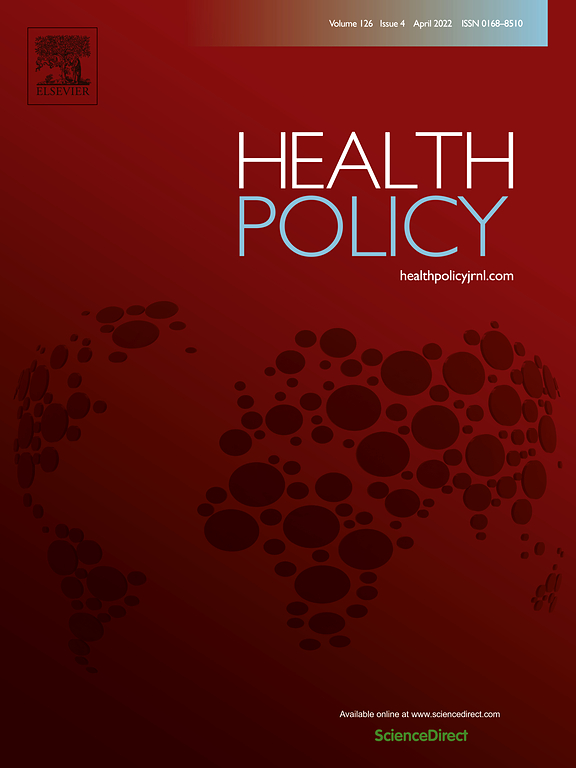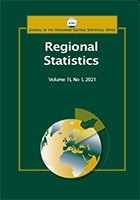The presentation will take place in a hybrid format via zoom interface or in person in the room K.0.11-12 on 20.03.2025, from 13.00.
Speaker: Szászi, Barnabás Imre
Title: Generalizability (crisis) of social and behavioral sciences
Abstract:
There is considerable heterogeneity in the results of social and behavioral science findings and more specifically in the impact of behavioral intervention studies that aim to change human behavior for good. While their average effectiveness in changing behavior is modest. Although they can be highly effective in some conditions, they may be ineffective in others and counter-productive in yet others. The heterogeneity within these studies can come from different sources including population heterogeneity, design heterogeneity, and analytical heterogeneity. In this talk, I will focus on two big-team science projects (Multi100, Global Happiness Megastudy) where we aim to discover the robustness and generalizability of prior behavioral science findings. Altogether, in these two studies, I have been co-leading over 1500 researchers from all over the world. Our exploration suggests that many currently applied approaches in social and behavioral research cannot be held anymore and the general practices of conducting, reporting, and reviewing empirical analyses require critical reforms.
BIO: Barnabás is an Assistant Professor at Eotvos Lorant University, leading the work of the Behavioral Science lab. The primary goal of his research is to support vulnerable individuals and groups (families, the poor, and the non-happy) using behavioral and data science. He has obtained a dual degree in psychology and economics and finished his Ph.D. in experimental psychology in 2018. Since then, his work as a lead author appeared in top psychology and social science journals such as Proceedings of the National Academy of Sciences, Nature Human Behaviour, Journal of Behavioral Decision Making, and eLife. He has won 13 scholarships and awards including the scholarship of the Hungarian Central Bank, the National Excellence Program, Bolyai, Campus Mundi, Eötvös, Rosztóczy, Fulbright (2x), and the Promising Researcher and the Rosak Tamas award. During his Ph.D, he was a visiting student researcher at Columbia University and a Fulbright scholar at Harvard for the academic year 2023/24.







